
Sample Searcher - Music Sample Identifier
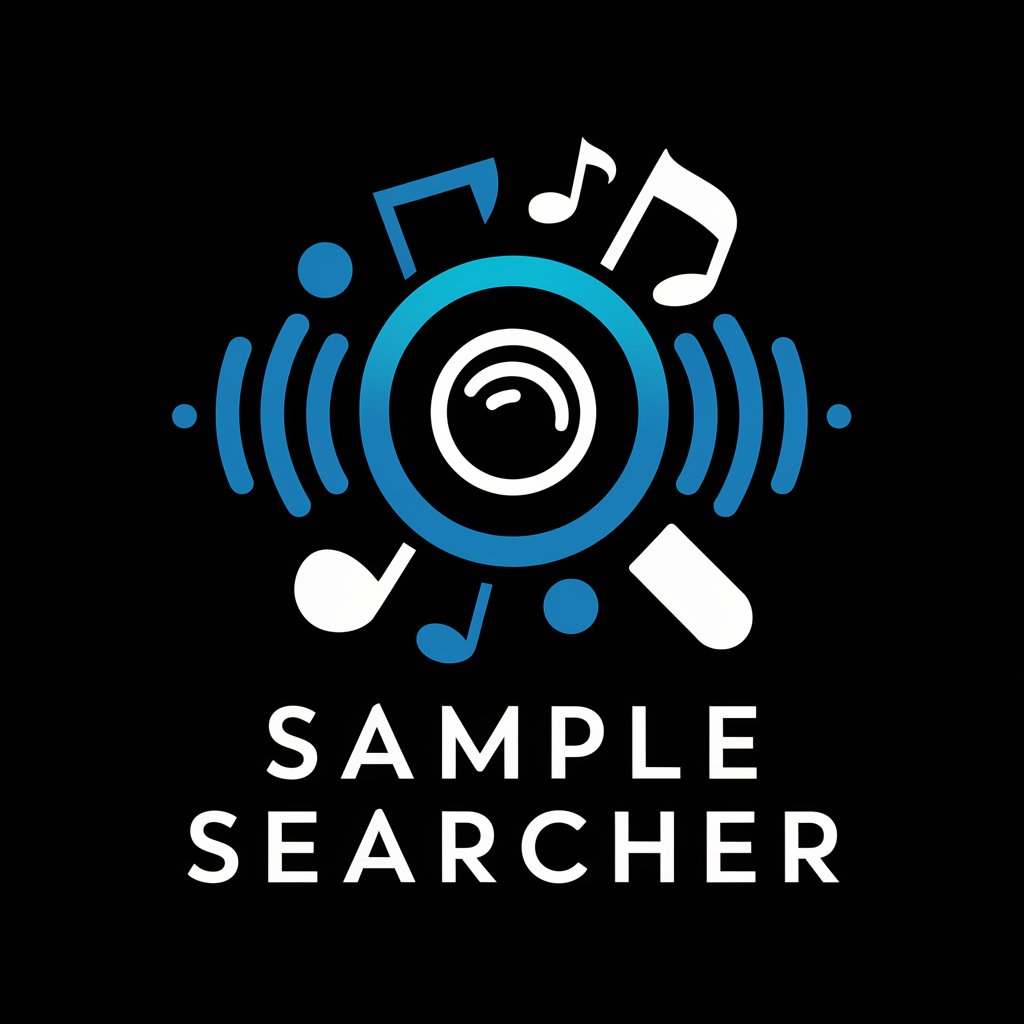
Hello! I'm here to help you discover music samples.
Uncover music's hidden connections.
Identify the original source of the sample used in...
List all the songs that feature the sample from...
Find the timecode where the sample appears in...
Trace the origins of the sample in the track...
Get Embed Code
Overview of Sample Searcher
Sample Searcher is designed to assist users in identifying the origins of music samples and where they have been used in other tracks. The primary objective is to help users trace sample history in music production, facilitating deeper musical insights and appreciation. For example, if a user hears a particular beat or melody in a song and wants to know where it originally came from or other songs that have used it, Sample Searcher can provide that information. This is particularly useful in genres like hip-hop, electronic, and pop, where sampling is prevalent. Powered by ChatGPT-4o。

Core Functions of Sample Searcher
Identifying Sample Origins
Example
A user hears a catchy riff in a new track and wants to know its source. They provide a snippet or link to the song, and Sample Searcher identifies that the riff originates from a 1970s funk song.
Scenario
This function is used when a user encounters a piece of music and wishes to uncover its historical roots or original creation context.
Tracking Sample Usage
Example
A user loves a specific drum break and wants to find all songs that have used it. Sample Searcher lists all tracks that have incorporated this particular break, complete with links and time codes where the sample appears.
Scenario
This feature is ideal for music producers or enthusiasts who want to explore how different artists have creatively reused the same element.
Comprehensive Sample Listing
Example
Upon request, Sample Searcher can provide a detailed list of all samples used in a particular song, complete with the exact time codes for each sample within the track.
Scenario
Useful for music analysts, critics, or fans who are doing deep dives into specific tracks or artists' works to understand the compositional structure.
Target User Groups for Sample Searcher
Music Producers
Music producers who need to ensure that their use of samples is clear of potential copyright issues, or who seek inspiration from existing sounds, will find this tool immensely helpful.
Music Educators and Students
Educators and students studying music production, history, or theory can use Sample Searcher to explore the evolution of music and understand the intertextuality in modern compositions.
Music Enthusiasts and Bloggers
Enthusiasts who love uncovering the stories behind music, and bloggers who write about music samples, influences, and trends, can use Sample Searcher to enhance their content with accurate sample histories and insights.

How to Use Sample Searcher
Step 1
Visit yeschat.ai for a trial with no login or subscription to ChatGPT Plus required.
Step 2
Choose 'Sample Searcher' from the available tool options to start identifying music samples.
Step 3
Provide a link to the song or music video, or upload the audio file where you believe a sample may be present.
Step 4
Specify any particular segment of the song if looking for a specific sample or ask for all samples identified throughout the track.
Step 5
Review the results, which will include details of the original samples used in the music and their specific time codes.
Try other advanced and practical GPTs
DataVerse Sample Creator
Craft Your Data Universe with AI
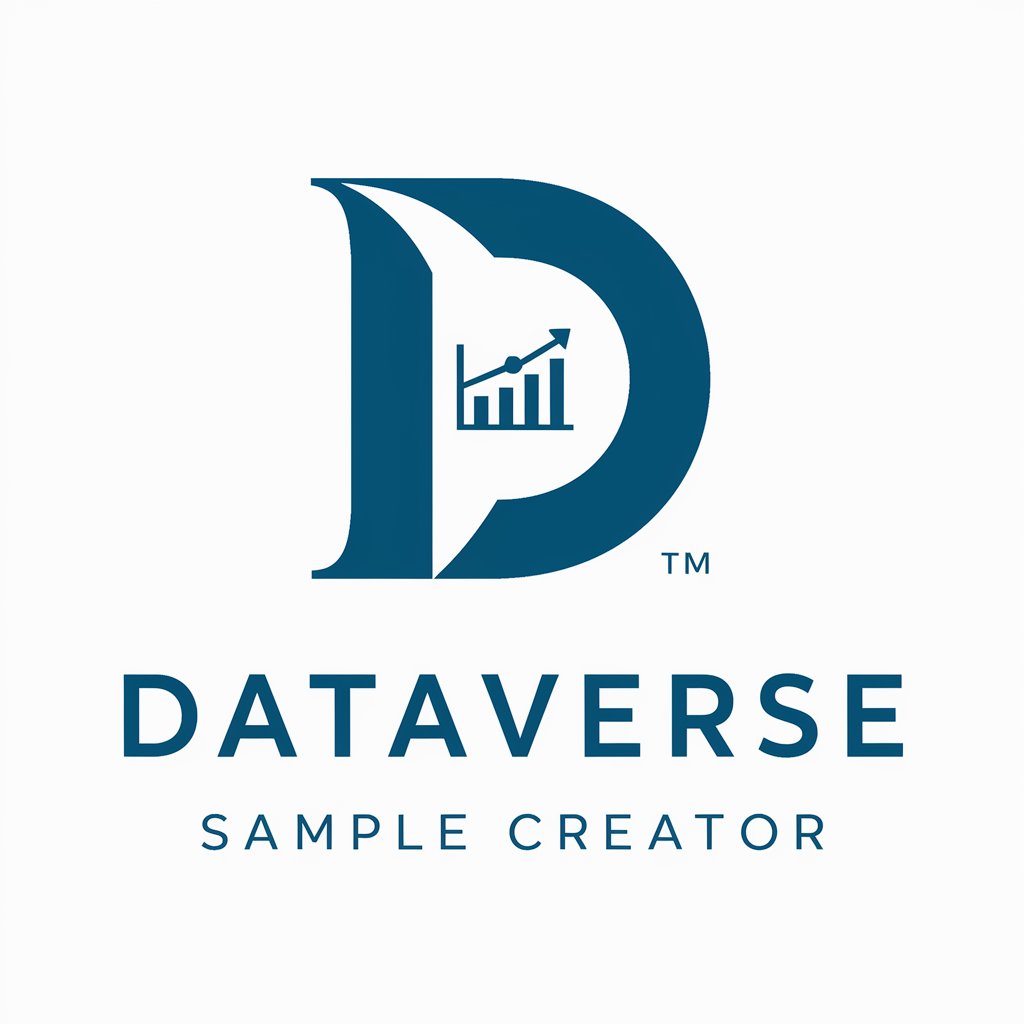
Quick Sample
Simulate Reality, Power Your AI
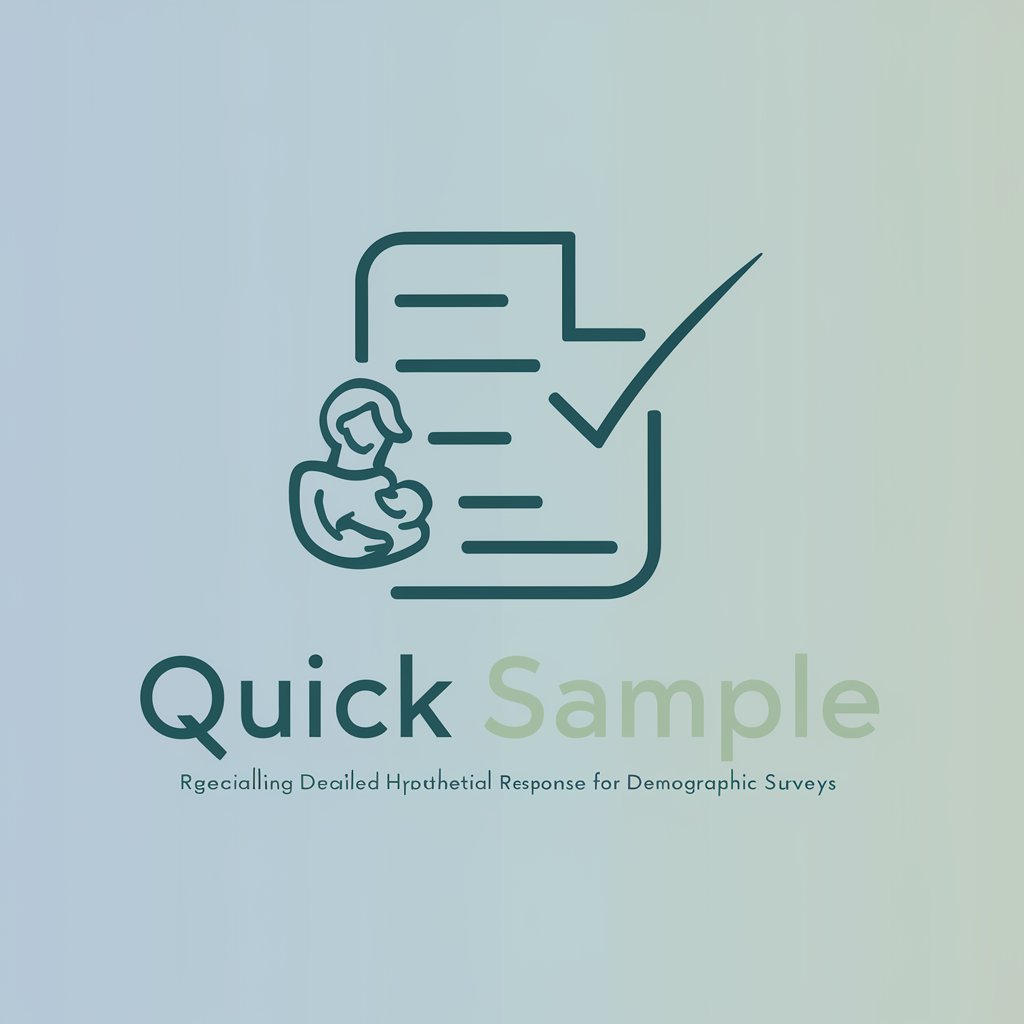
Sample Namer
AI-Powered Audio Sample Naming

Skin Insight
Empowering Skincare Decisions with AI

Skin Analyst
Revolutionizing Skincare with AI

Skin Illustrator
Craft Your Ink with AI Precision

Sample Text Analyzer
Elevate Your Texts with AI-Powered Analysis
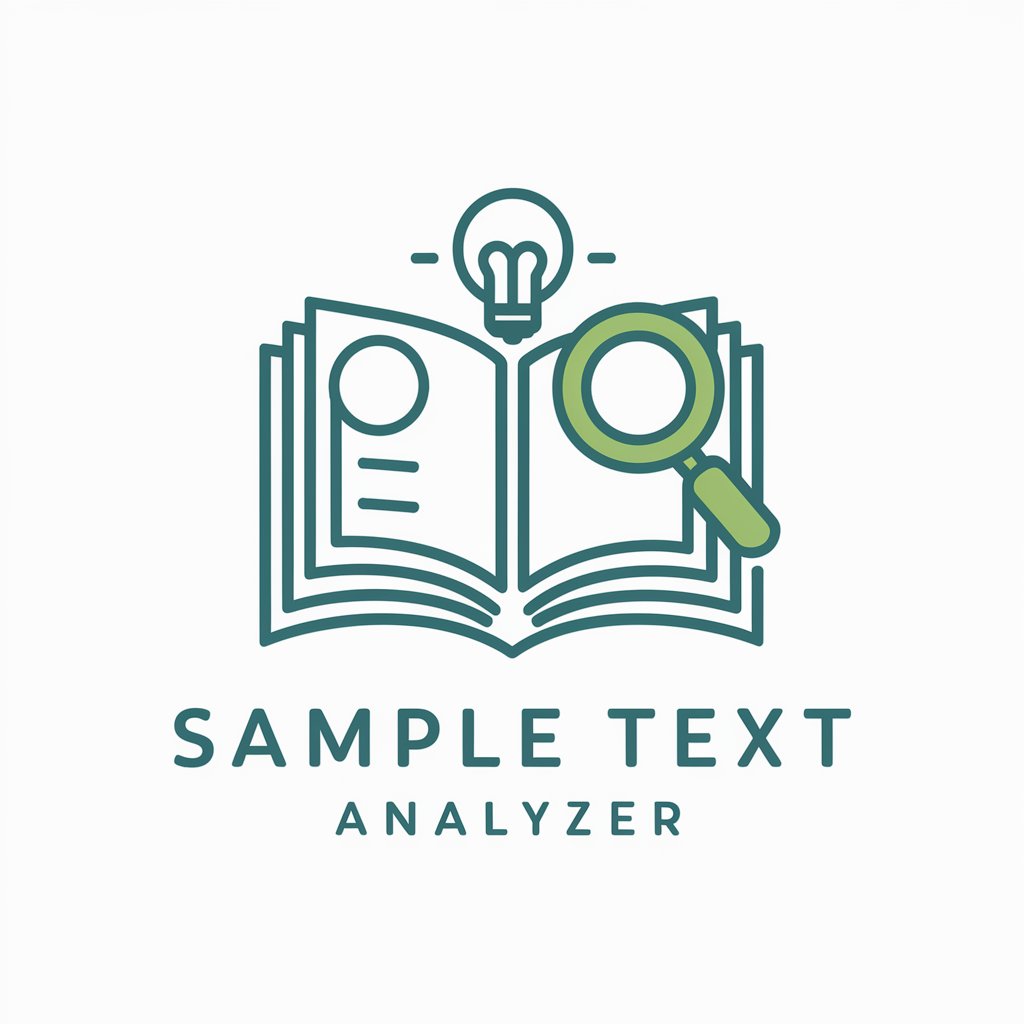
Sample and Production Technique Search
Unveil music's DNA with AI-powered insights.
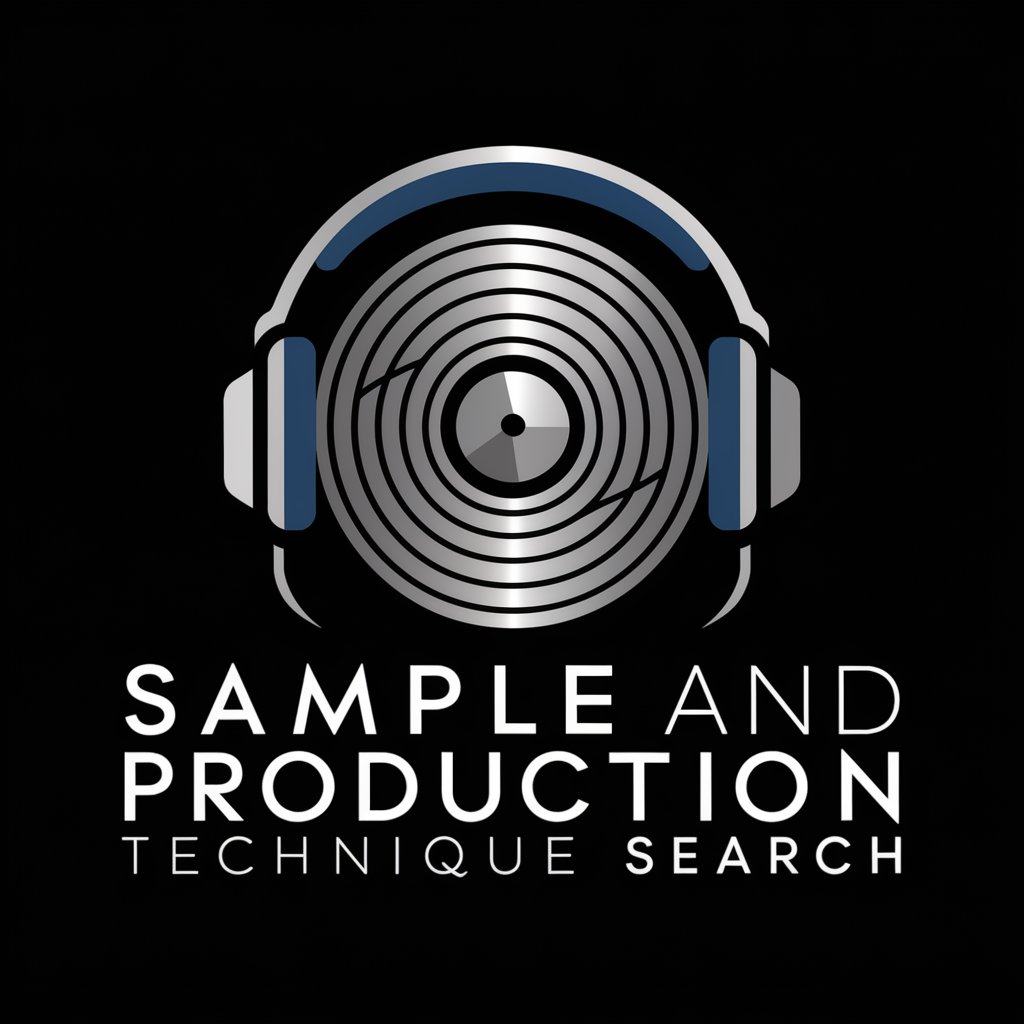
Web/Sample ImageRegenerator
AI-Powered Image Transformations

TOEFL Speaking Question 1 Sample Answer Maker
Master TOEFL Speaking with AI

Nurse Insight
Empowering Endoscopy Nursing with AI

Nurse Ally
Empowering Nursing Students with AI

Frequently Asked Questions about Sample Searcher
What types of music files can I use with Sample Searcher?
Sample Searcher supports various music file formats including MP3, WAV, and AAC, as well as links to YouTube videos or streaming music tracks.
Can Sample Searcher identify multiple samples in one track?
Yes, Sample Searcher can identify multiple samples within a single track. Specify that you want all identifiable samples when you submit the song.
Is it possible to find out where a sample in a song originally came from using Sample Searcher?
Absolutely, Sample Searcher not only identifies the samples but also provides detailed information about the original song or piece from which the sample was taken.
Can I use Sample Searcher for academic research on musicology?
Yes, Sample Searcher is an excellent tool for academic research, offering detailed citations and historical context of music samples for deeper musicological analysis.
How accurate is Sample Searcher in identifying samples?
Sample Searcher utilizes advanced audio processing algorithms, making it highly accurate in identifying known samples from a vast database of music.





